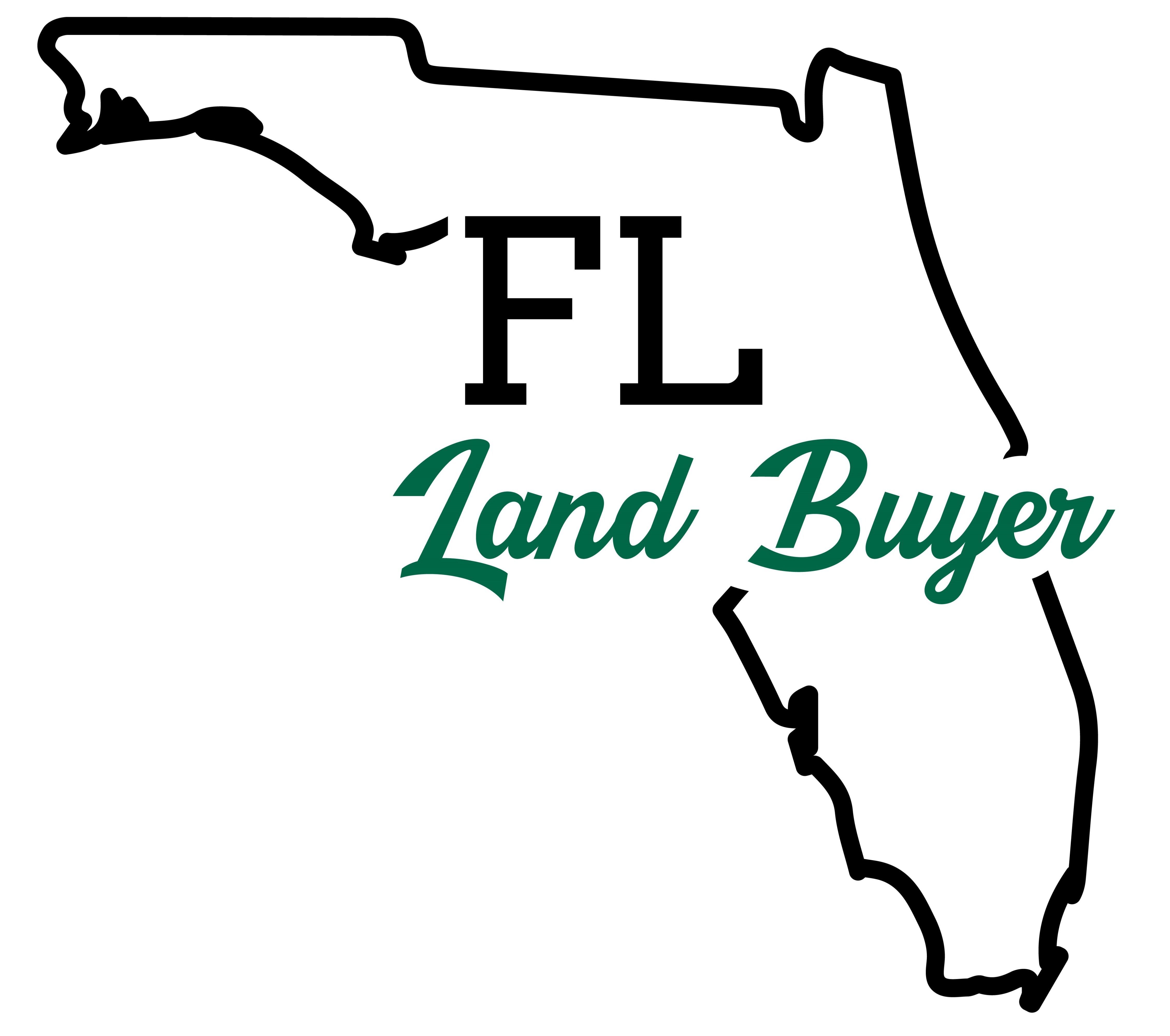Thinking about selling land? You might be surprised to learn that selling land is not like selling a house. In this blog post, you’ll read about why selling land is different than selling your house in Florida…
When you own a property, you might not give a lot of thought to whether it has a house on it or if it’s just raw land. However, there are differences and they can affect the sales process. Here are 5 reasons why selling land is different than selling your house in Florida.
5 Reasons Why Selling Land Is Different Than Selling Your House In Florida
#1. Target Market and Buyer Intent
One of the fundamental differences lies in the target market and buyer intent. Residential properties typically attract buyers looking for a home to live in, whereas land sales often appeal to a different type of buyer, such as developers, farmers, or investors. These buyers have specific intentions for the land, whether for development, agricultural use, or as an investment. Understanding the target market for your land is essential in crafting the right marketing strategy and pricing.
#2. Marketing Strategies
Marketing land requires a different approach compared to a house. Residential properties often rely on the emotional appeal of a home, showcasing the lifestyle it offers. In contrast, land sales focus more on the potential of the property. This might include highlighting development opportunities, land quality, location advantages, and zoning information. Techniques like aerial drone photography and topographic maps are often more effective in selling land than the traditional home staging and open houses used in residential sales.
#3. Valuation and Pricing Considerations
Determining the value of land can be more complex than appraising a house. While residential property values are largely influenced by factors like size, condition, and location, land valuation also considers zoning restrictions, land use potential, access to utilities, and future development possibilities in the area. In Florida, where land use can vary dramatically, these factors can significantly impact pricing strategies and the overall approach to selling the property.
#4. Transaction Process and Timeline
The process and timeline for selling land can differ substantially from residential transactions. Land sales often involve a longer timeframe, largely due to a smaller pool of potential buyers and the specific needs and plans of those buyers. Additionally, the transaction process might include more complex negotiations over land use rights, environmental assessments, and financing arrangements, as land purchases are less likely to involve traditional mortgage financing.
#5. Regulatory and Environmental Considerations
Another critical aspect that sets land sales apart from residential property transactions in Florida is the regulatory and environmental considerations. Florida’s diverse ecosystem, ranging from coastal areas to wetlands and agricultural land, means that environmental factors play a significant role in land sales. Buyers and sellers must navigate various environmental regulations, which can include wetland delineation, endangered species habitats, and flood zone considerations. Additionally, understanding local and state land-use regulations, including building restrictions and future land-use planning, is essential. This complexity requires sellers to be well-informed and possibly seek expert advice to ensure compliance and to accurately inform potential buyers about the property’s capabilities and limitations. These environmental and regulatory factors can significantly impact the feasibility, value, and attractiveness of a land sale in Florida.
Do you have land you want to sell in Florida? If you’re thinking of selling and if you’re wondering why selling land is different than selling your house, then you might like this: we are currently buying land and would like to make you an offer for your land.

